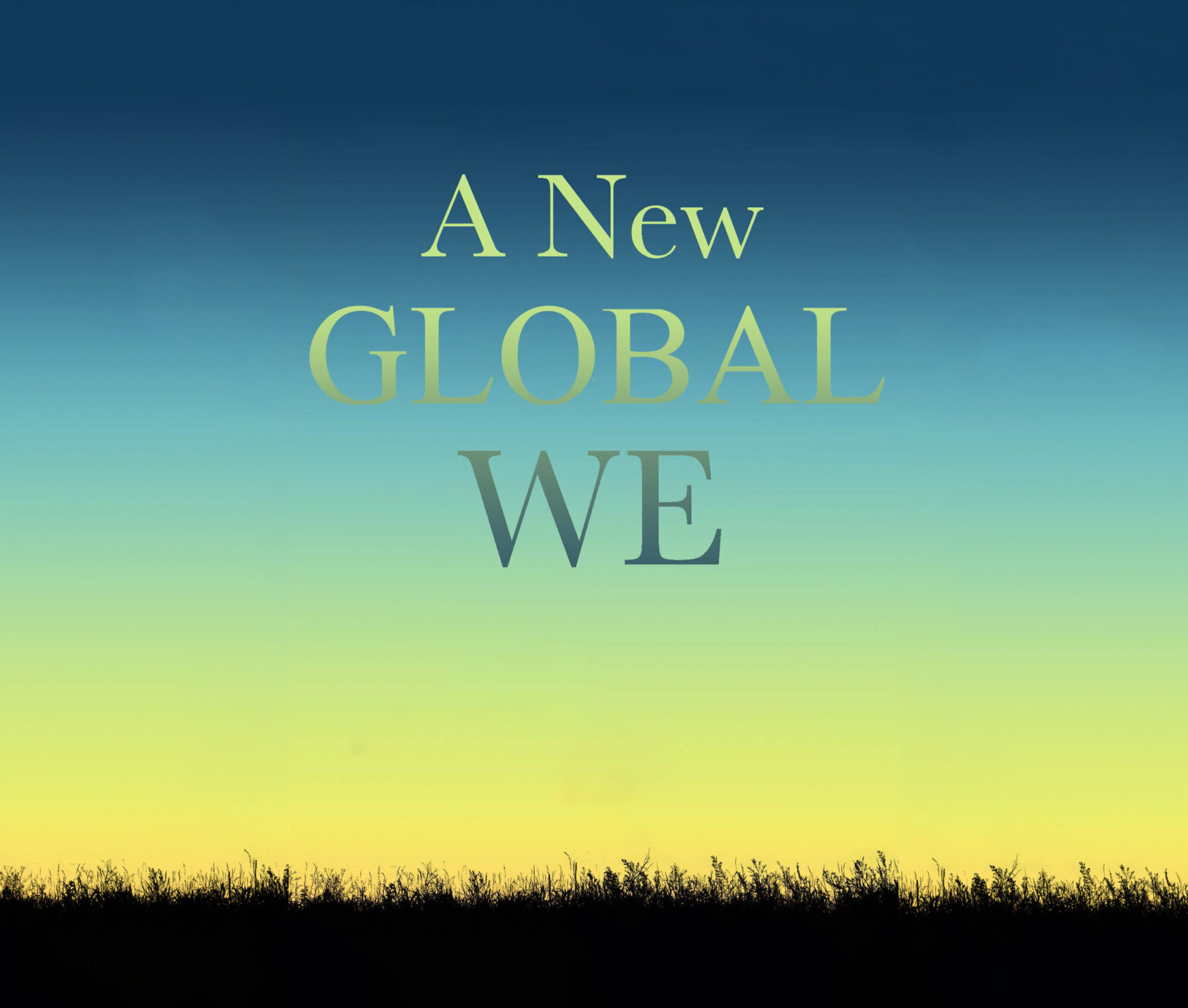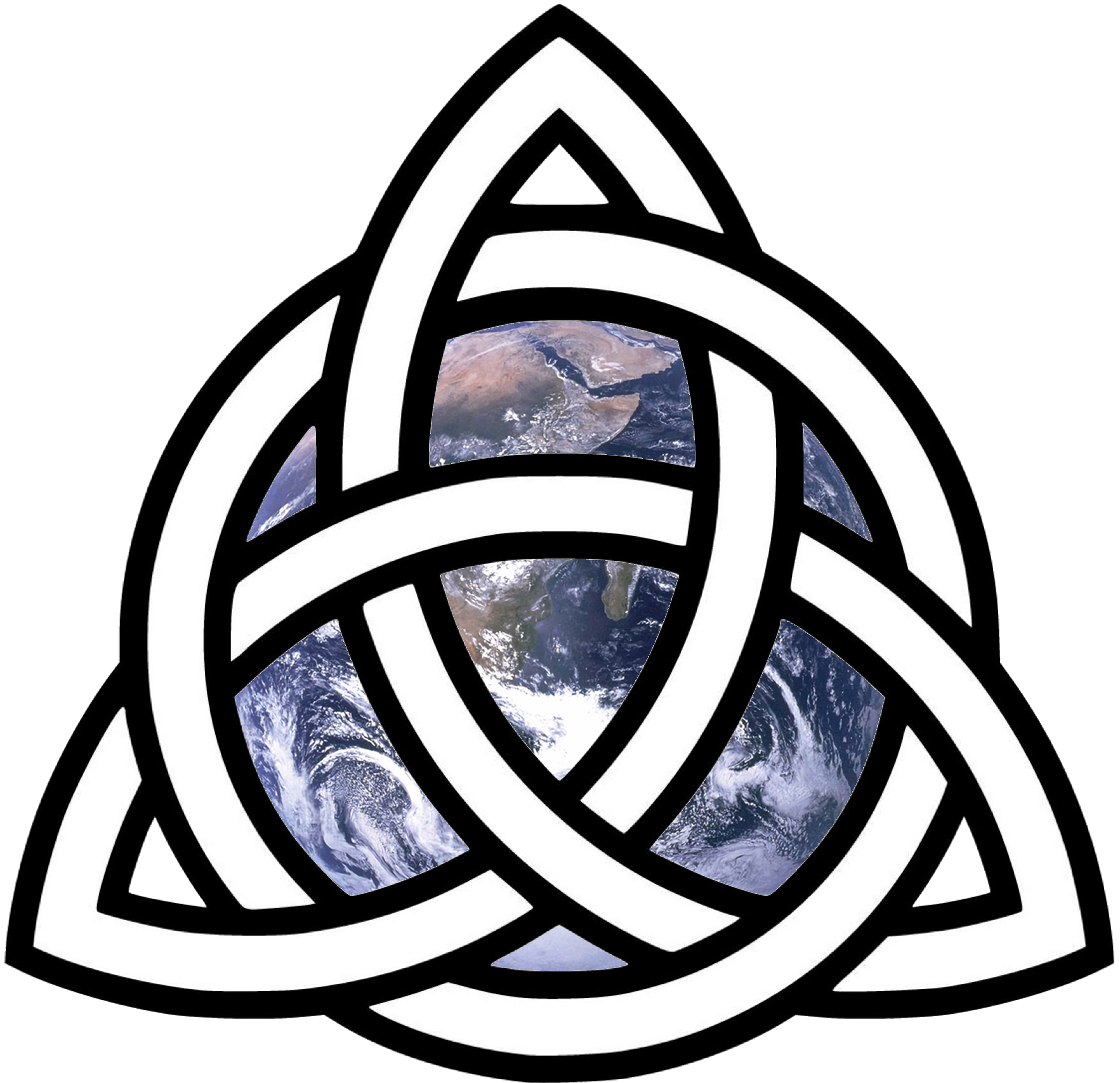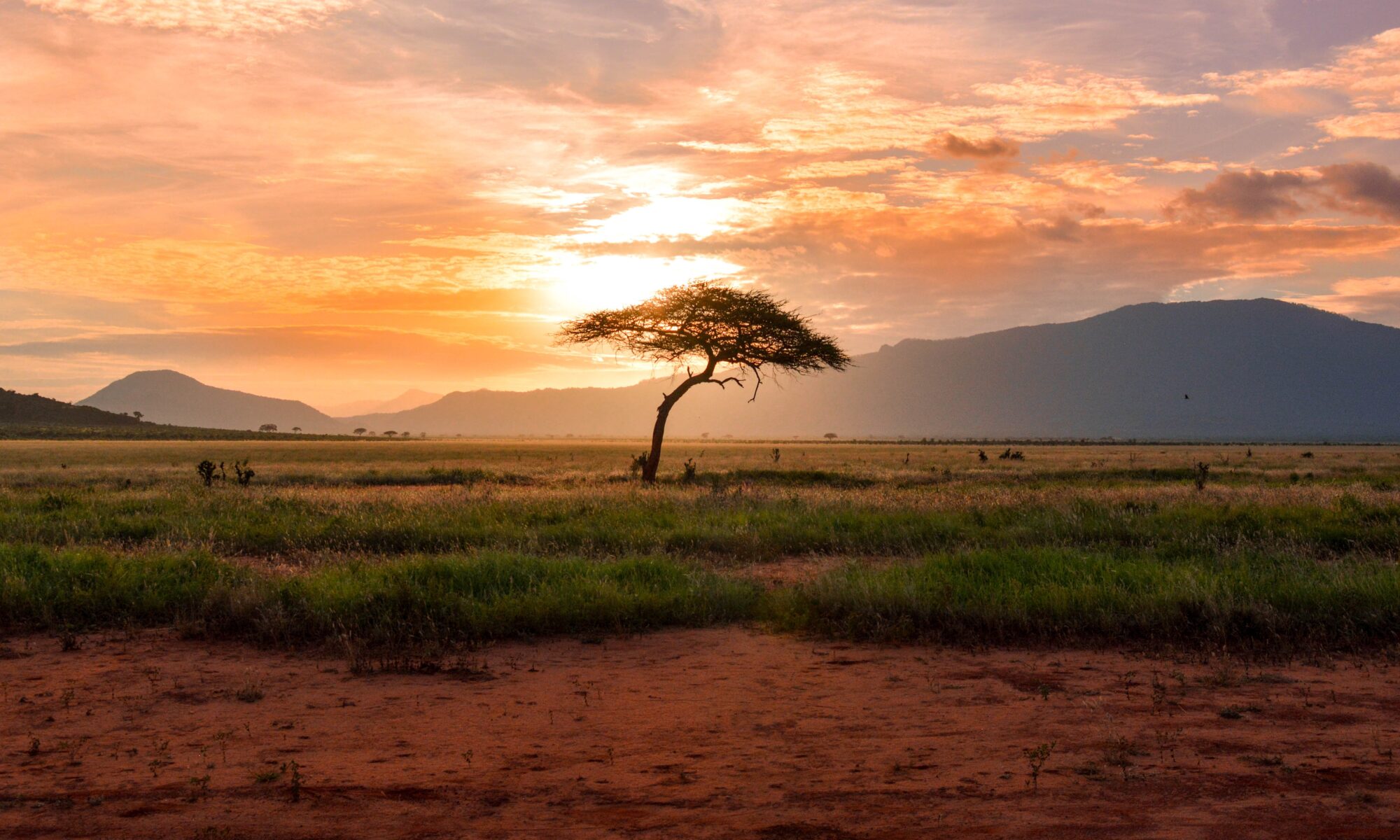Lent never felt like fun when I was a kid: giving up candy, fasting, doing penance? It seemed to take all the negative aspects of religion and magnify them. And that was a pity, for Lent is really about life: anticipating new life; and seeing practices like fasting, as ways to remind us about this and to sharpen our anticipation so that the experience of life led to an expanded awareness and a transformation of our lives and world. Clearly this is important today as we struggle to define – or perhaps more accurately re-define – our place in the world, which is what we are doing with our New Global WE project.
In the Christian tradition Lent has two emphases: one is the new life of Spring. The old English word ‘Lent’ refers to the ‘lengthening’ of the days. The other emphasis – reflected in other (Latin-based) languages as quaresima, meaning forty – refers to transformation: to an expanded identity born of the experience of this new life that is symbolized by the forty years when the Israelites became the people of the promised land; and symbolized also by the forty days when Jesus stepped into his calling. There is also a reference to those preparing for a new identity symbolized by their Baptism at Easter, when they will become new people: part of a new Global WE.
But, before we reflect further, let’s see if we can personalize this experience of life that led to an expanded sense of WE which we’ve all had in various ways that range from seeing the first flower of spring to the awakening that happens when you fall in love. So, let me invite you into a short Mindfulness meditation on ‘Lent and a New Global WE.’
- Position yourself comfortably, relaxed but also alert – your back straight, hands in your lap, your eyes closed or ‘softened’ and take three deep breaths, in and out, through your nose. If you notice tension anywhere in your body, breathe into that place and breathe out the tensions.
- Now begin to use your breath as a way of helping you stay present as the inevitable thoughts and distractions come rushing in by simply paying attention as you breathe in and out, deliberately. See if you can find a gentle rhythm
- In your mind, softly say the theme of this reflection – ‘Lent and a New Global WE’ – breathing the words, in and out; letting them settle into your body.
- Now, call to mind a memory of a moving experience of new life: a spring flower, seeing your new born baby for the first time, your first post-Covid visit to family….
- Notice the feelings; let them bubble up
- Where do you feel them in your body?
- What thoughts do they stir?
- Now, call to mind a memory of an awakening and transformation that came out of this experience of new life, expressed in words like: now I know what’s important… from now on….wouldn’t it be great if it were like this all the time
- Notice the feelings this memory stirs; again let them bubble up
- Where do you feel these memories in your body?
- What thoughts do they stir?
- Stay with these memories of new life and transformation for a while, toggling back and forth between the experience of new life and the experience of personal awakening and transformation. I will mind the time for you. When you find yourself distracted, simply return to your breath. If you’d like to stay with this step of the process a little longer, simply pause the recording and come back when you’re ready.
- Now gently return to the present moment, to your body and your surroundings. For a moment, notice the sense of connection to the moment that this practice has generated: – a fuller presence, a deeper awareness; calm, a sense of trust…
Lent represents the two sides of the reality of an interconnected unfolding world. One is new life that is always exploding into existence; the other is the explosion of new awareness that comes from this profound experience of life. Let me tell you a couple of stories of my own experience of this awakening. Both stories are memories from my time in Africa as a young man.
The first is the way life literally explodes into existence in the desert. I lived in the dry scrubland of northern Kitui in Kenya for a number of years. Coming from Ireland I was clearly impacted by the absence of green and sometimes depressed by the sad, gray bush that covered the entire landscape for miles in every direction. Every year, however, in fact twice a year, the rains came. Around December it was the Short Rains, but it was in April that the longer – literally the Long Rains – brought new life. For weeks before the first drops, though, the gray bush began to bud. The word for this strange phenomenon of anticipation – muniino – touched a deep longing for life in me that I sense is reflected in every single living being. When the rains actually came, then, this longing was realized in ways that were much more dramatic than my previous experience in Ireland. For, within a few short days, the dry desert burst into a display of extravagant colors: yellow, green, purple, red…. It made me cry out with absolute wonder – a veritable quickening of my spirit – in ways that I had never experienced before. It suggested to me that this was resurrection as we all needed to experience it in order for it to transform our lives. I remain forever grateful for this profound gift of the grace of the world.
The second memory reflects the other aspect of quickening: the awakening of new awareness. in myself and my fellow-priest Benny. I lived with Benny for three of my years in Kitui in a place called Kimangao where our entertainment at the end of the day, in a world not only of no internet but no electricity, consisted of reading poetry and singing songs to each other. Sometimes we would choose a verse from a poem or a play of Shakespeare to reflect what was going on for us. Thus, for example, a statement from King Lear – ‘now gods stand up for bastards’ – captured our mood one time when we felt harassed by church authorities and was hung as a banner in our living room. These pieces were a kind of quickening: for us an opening of our minds and hearts to the moment of the season or the situation. One year around Lent, we were reading the Irish poet Patrick Kavanagh who was known and loved by many of us for his lyrical descriptions of farming life and its social aspects. In a poem called The Great Hunger, Kavanagh describe the lives of the rough men who eked a meager living out of ‘the stony, grey soil of Monaghan’ – shades of the stony, grey scrubland of Kitui: how they ploughed and planted, wheeled barrows of dung and weeded; how they smoked and gossiped, cursed and scrapped: all parts of a hardscrabble, often painful way of life. But then, suddenly, out of nowhere, like the flowers after the rains in Kitui, the poet writes:
Yet sometimes when the sun comes through a gap
These men know God the Father in a tree;
The Holy Spirit is the rising sap,
And Christ will be the green leaves that will come
At Easter from the sealed and guarded tomb.
What a transformation, this awakening to ‘God the Father in a tree.’ What an amazing resurrection of the Christ of everything from the sealed and guarded tomb of the winter earth. The implication here is that Christ is essentially a name for everything – every expression of life. And what a quickening of hearts, this rising sap of the Holy Spirit of life. This was our quaresima – Benny’s and mine – that changed our identity forever. For, even after many years, this Lent-Easter experience still stays with us; still defines us in some profound way; transcending the, sometimes painful limitations of time and space. We are both older now – Benny a little farther downstream than I, now living in the Care Unit in the headquarters of the Kiltegan Fathers in Ireland. But this identity-shifting, resurrection-transformation remains with us forever. I will send Benny this reflection and I know, for sure, that his face will light up when he hears me tell the story.
But let me see if I can draw some implications for our world today from these memories and the underpinning message of Lent and Easter for our secular world today. As I write this, the challenges are vividly present: Russia has invaded Ukraine, though the world is responding in a way that is new and different than the past. People everywhere have been awakened by the holy spirit of the Ukrainian people standing up for life – now gods stand up for bastards! It is happening, of course, this threat of awful war even as we struggle to rise from the graves of a pandemic: the isolation, the anxiety, the mental health issues, the breakdown of relationships. Perhaps, in fact, this is the spirit of our new global WE. And, then there is the backdrop of the new report on climate change, practically unnoticed in the confusion of these other happenings, that we hardly dare think about, but that will require us to come together in new ways, as a new, united people across the earth. This surely is the meaning of Easter today and the importance of a Lent that will lead all of us home to our new global WE.
The thought brings up a final memory from Africa that I’ll use to pull this reflection together. It was my first Ash Wednesday in Kitui. Ash Wednesday, as some of you know, is the first day of Lent when people began this anticipation and preparation of new life and the transformation it can bring by getting back to fundamentals. Christians would participate in a ceremony where their foreheads were marked with ashes in the sign of the cross while the priest said the words: ‘remember man that you are dust and unto dust you shall return.’ No one had prepared me for the strange challenges of trying to relate sometimes rather alien practices to the life of the people I had come to serve. And certainly, I didn’t have the support systems of a traditional Christian parish. Thus, for example, there were no palms from the previous year’s Palm Sunday to burn into ashes for the ceremony. So, here is what I did, in my youthful and somewhat arrogant creativity: I took a handful of the red Kitui earth in a calabash as a symbol of the fundamental foundation of life and added water which was literally a symbol of the transforming gift of grace that together with the earth opened the graves of hungry stomachs and filled them with the new life of the fragile harvests. And I smeared foreheads with the muddy mixture saying words – though I hardly remember exactly – like: remember that we are children of the earth who share in the mystery of life’s becoming by living and dying and living again and again…
A makeshift quickening, I know. But, isn’t that always the way….
Let me give the last word, however, to our young American poet laureate, Amanda Gorman, with a piece that holds together the dark threats – the impossible desert – of our world today with the inexorable promise of new life, along with the reminder for us to remember…
May this be the day
We come together.
Mourning, we come to mend,
Withered, we come to weather,
Torn, we come to tend,
Battered, we come to better.
Tethered by this year of yearning,
We are learning
That though we weren’t ready for this,
We have been readied by it.
We steadily vow that no matter
How we are weighed down,
We must always pave a way forward.
May this be the spirit of our Lent this year as we do the essential work of re-defining ourselves as a new global WE; a definition founded on a profound experience of a world of wonderful interbeing.


